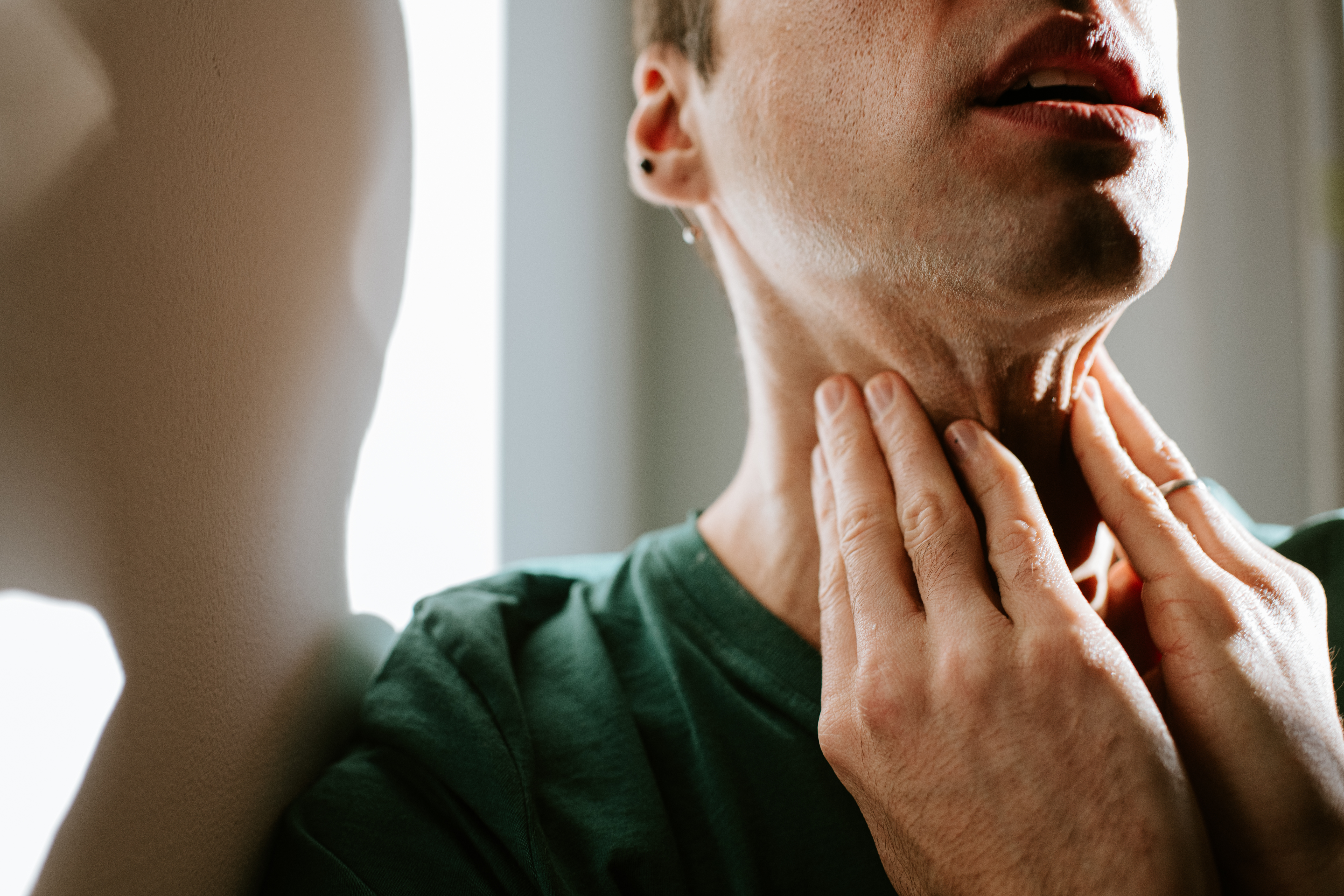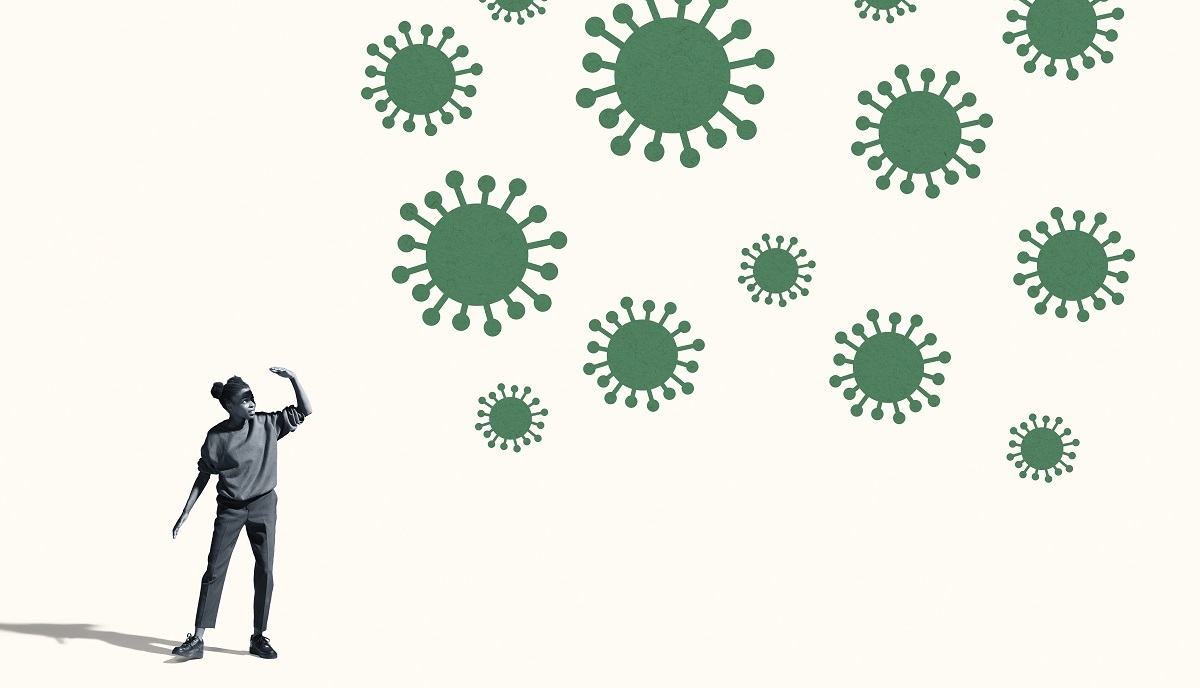With COVID cases and other respiratory viruses on the rise, you might know someone who has recently tested positive or wondered how long a person is contagious.
The answer depends on several factors.
As of Friday, 44 counties in Illinois were at an elevated level for COVID-19 hospitalizations, according to the state's Department of Public Health. In all, 39 counties were at a medium level and five were under the "high" alert as the state saw a 20% increase in hospitalizations within the last week, according to data from the Centers for Disease Control and Prevention.
So how long could you spread the virus if you test positive?
Feeling out of the loop? We'll catch you up on the Chicago news you need to know. Sign up for the weekly Chicago Catch-Up newsletter here.
The CDC's guidelines for isolating have not changed since May.
Regardless of vaccination status, those who test positive should isolate from others for at least five days and isolate from others in your home, the CDC reports. You should also isolate if you are sick and suspect that you have COVID-19 but do not yet have test results, the guidelines state.
To calculate the number of days you should isolate, the CDC has a guide:
If you had no symptoms:
- Day 0 is the day you were tested (not the day you received your positive test result)
- Day 1 is the first full day following the day you were tested
- If you develop symptoms within 10 days of when you were tested, the clock restarts at day 0 on the day of symptom onset
If you had symptoms:
- Day 0 of isolation is the day of symptom onset, regardless of when you tested positive
- Day 1 is the first full day after the day your symptoms started
If you had no symptoms, you can end your isolation after day five, but for those who experience symptoms, that line might be different, the CDC notes.
Those who have mild symptoms can end isolation after day five if they are fever-free for 24 hours, without using fever-reducing medication, but those with more moderate or severe illnesses will need to wait until day 10.
Those who have mild symptoms that are not improving should also wait until those symptoms are improving and they are fever-free for 24 hours.
Others with more severe illness may also want to consult with their doctor before ending isolation and could need a viral test to end their isolation period.
Despite ending isolation, those who test positive should continue to avoid people and mask through at least day 11, according to the CDC guidelines.
Before determining your isolation time, you'll need to take a COVID test.
Those who have symptoms are urged to get tested as soon as possible, though officials continue to caution that a negative at-home test may not be as reliable as a positive one.
"If your antigen test is negative, take another antigen test after 48 hours or take a PCR test as soon as you can," according to the CDC's website.
Those who don't have symptoms but may have been exposed should wait five days after exposure to take a test, according to the CDC guidance.
While many Americans may have unused tests in their homes, it's important to check the expiration dates, experts say.
The Food and Drug Administration has extended the expiration dates of many popular at-home test products, which means some such kits may still be safe to use, CNBC reports. You can check expiration dates for each brand using a page on the FDA's website.




